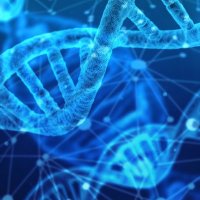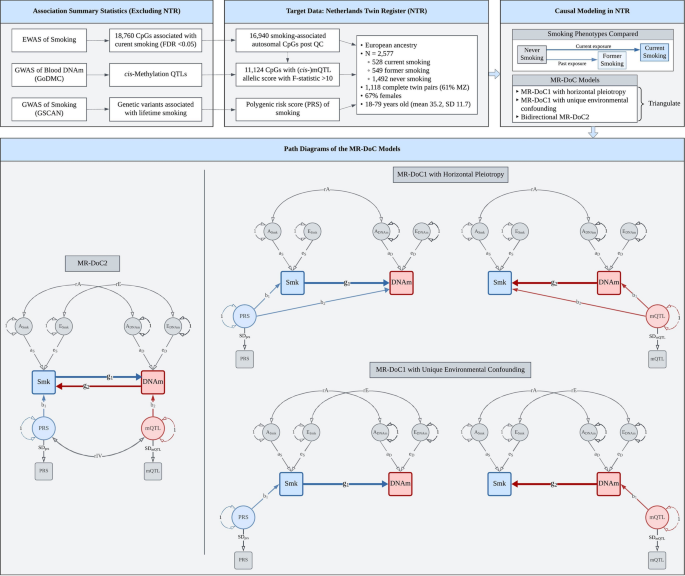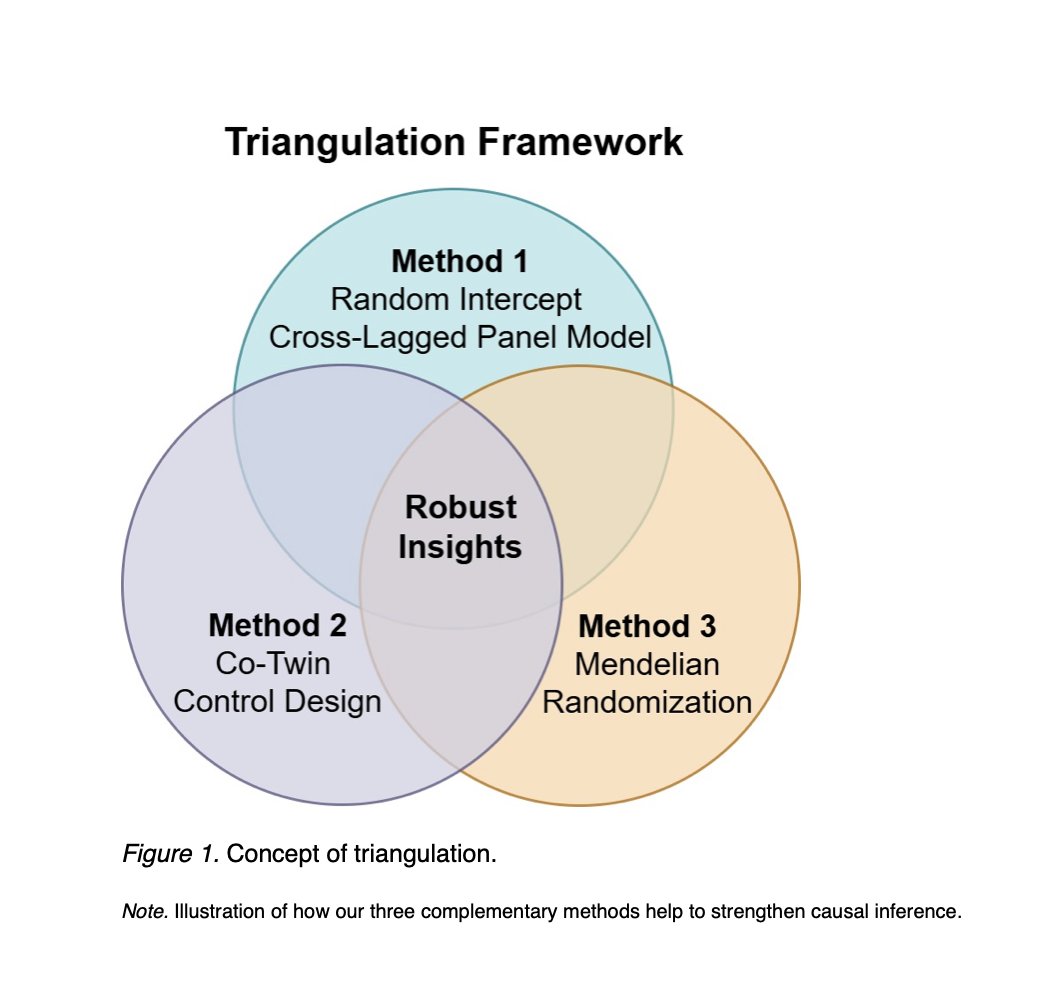
POP-GEM Lab
@popgem_lab
Population #Genomics & Environment in #Mentalhealth | studying #psychiatricgenetics #behaviorgenetics | directed by @PetersonRoseann | @sunydownstate @VCU_VIPBG
ID: 1433672892110319630
http://pop-gem-lab.com 03-09-2021 06:09:46
150 Tweet
144 Followers
83 Following


Hey #ASHG2024 - are you on the job market? Join us at Purdue University where we’re advancing #GeneticsandSociety research. We’re hiring scientists at all levels: postdocs, faculty, and research staff. Help shape the future of #sociogenomics: cla.purdue.edu/academic/socio…



🚨 Just submitted! Led by Mohammed Hassan, we used ML to predict alcohol consumption via biomarkers in the UK Biobank. 🔑 Key points: ✅ ML > Traditional methods ✅ Biomarkers improve accuracy ✅ Explainable AI reveals risks Stay tuned! Amanda E. Gentry Dr. Rosie Todd Webb


🚨 Update! The preprint for our study using ML to predict alcohol consumption via biomarkers in the UK Biobank is here! 🎉 Led by Mohammed Hassan w/ Amanda E. Gentry Dr. Rosie Todd Webb. 🔗[medrxiv.org/content/10.110…] #MachineLearning #AIinGenetics #OpenScience


Thrilled to share some amazing news— Madhur Bain Singh, supervised by Dr. Rosie & Richard Mcneale, has been awarded VIPBG at VCU 's Kenneth S. Kendler Award for Excellence in Predoctoral Research!


🚀New paper by Madhur Bain Singh on smoking & DNA methylation via twin-based MR using Netherlands Twin Register data! Supervised by Michael C Neale, Jenny van Dongen, & Conor Dolan. Co-authors: Dr. Rosie, Dana Lapato, Charles Breeze, gibran hemani, Hermine Maes. 🔗 doi.org/10.1007/s10654…



🚨New paper alert!🚨 Using triangulated evidence, Kirsten van Hooijdonk, Jacqueline Vink & team (Zoe Reed, Madhur Bain Singh, Hannah Sallis, Marcus Munafò) find no bidirectional causal links between diet/physical activity & depression/anxiety. 🔬❌ 📖 Read more: doi.org/10.1017/S00332…




Congratulations to #LanieMullins, PhD student VIPBG at VCU, on receiving the Rising Star Award at #BGA2025 🎉 Her poster using #UKBiobank data linked immune system markers (MLR/NLR) to depression, with NLR emerging as a stronger predictor in older adults.


